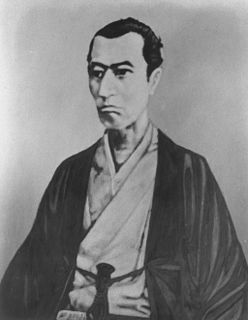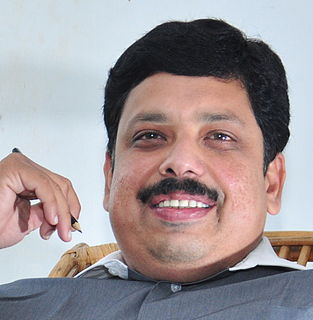A Quote by Giordano Bruno
I fought, and therefore, believed in my victory. There is more to the fact that I didn't fear death and preferred a brave death instead of a life of an idiot.
Related Quotes
I don't think victory over death... is anything so superficial as a person fulfilling their normal span of life. It can be twofold; a victory over death by the man who faces it for himself without fear, and a victory by those who, loving him, know that death is but a little thing compared with the fact that he lived and was the kind of person he was.
If a general and his men fear death and are apprehensive over possible defeat, then they will unavoidably suffer defeat and death. But if they make up their minds, from the general down to the last footsoldier, not to think of living but only of standing in one place and facing death together, then, though they may have no other thought than meeting death, they will instead hold on to life and gain victory.
Suicide is not to fear death, but yet to be afraid of life. It is a brave act of valour to contemn death; but when life is more terrible than death, it is then the truest valour to dare to live; and herein religion hath taught us a noble example, for all the valiant acts of Curtius, Scarvola, or Codrus, do not parallel or match that one of Job.
Fear is not an emotion, it is a disease. It spreads from the leader to his followers and vice-versa. Nothing has killed more men in war than fear. What should a warrior fear? Death? But death is what everyone achieves ultimately. Is it wounds that you fear? What is more important? A pint of your blood or the nectar of victory? Think. Thinking will clear such doubts.
The conquest of the fear of death is the recovery of life's joy. One can experience an unconditional affirmation of life only when one has accepted death, not as contrary to life, but as an aspect of life. Life in its becoming is always shedding death, and on the point of death. The conquest of fear yields the courage of life. That is the cardinal initiation of every heroic adventure - fearlessness and achievement.
The man who has lived his life totally, intensely, passionately, without any fear - without any fear that has been created in you by the priests for centuries and centuries - if a person lives his life without any fear, authentically, spontaneously, death will not create any fear in him, not at all. In fact, death will come as a great rest. Death will come as the ultimate flowering of life. He will be able to enjoy death too; he will be able to celebrate death too.
Death is the end of the fear of death. [...] To avoid it we must not stop fearing it and so life is fear. Death is time because time allows us to move toward death which we fear at all times when alive. We move around and that is fear. Movement through space requires time. Without death there is no movement through space and no life and no fear. To be aware of death is to be alive is to fear is to move around in space and time toward death.
By 'coming to terms with life' I mean: the reality of death has become a definite part of my life; my life has, so to speak, been extended by death, by my looking death in the eye and accepting it, by accepting destruction as part of life and no longer wasting my energies on fear of death or the refusal to acknowledge its inevitability. It sounds paradoxical: by excluding death from our life we cannot live a full life, and by admitting death into our life we enlarge and enrich it.
Everybody is afraid of death for the simple reason that we have not tasted of life yet. The man who knows what life is, is never afraid of death; he welcomes death. Whenever death comes he hugs death, he embraces death, he welcomes death, he receives death as a guest. To the man who has not known what life is, death is an enemy; and to the man who knows what life is, death is the ultimate crescendo of life.
We are left with nothing but death, the irreducible fact of our own mortality. Death after a long illness we can accept with resignation. Even accidental death we can ascribe to fate. But for a man to die of no apparent cause, for a man to die simply because he is a man, brings us so close to the invisible boundary between life and death that we no longer know which side we are on. Life becomes death, and it is as if this death has owned this life all along. Death without warning. Which is to say: life stops. And it can stop at any moment.







































